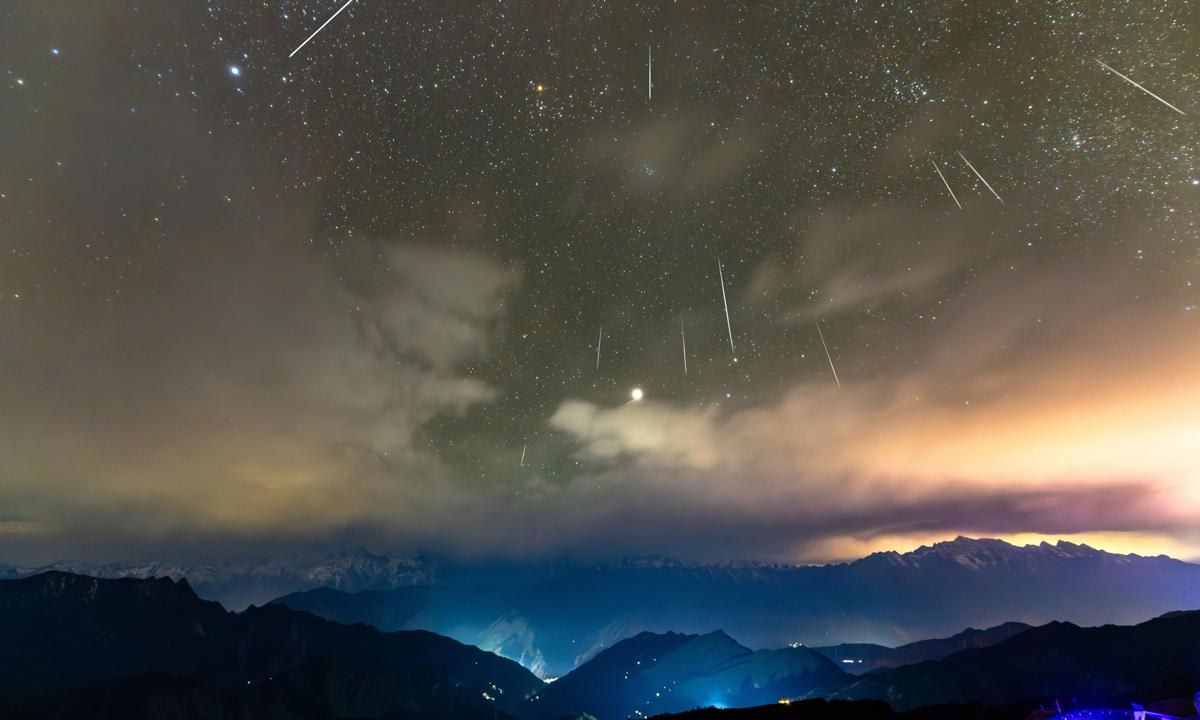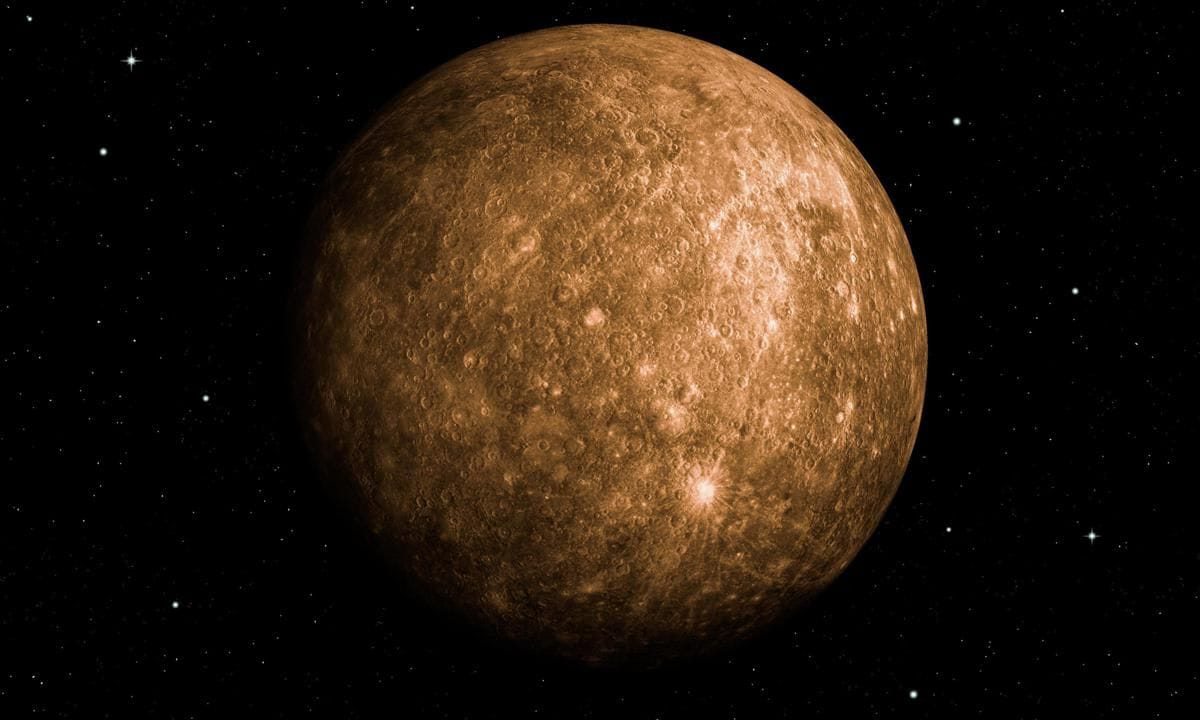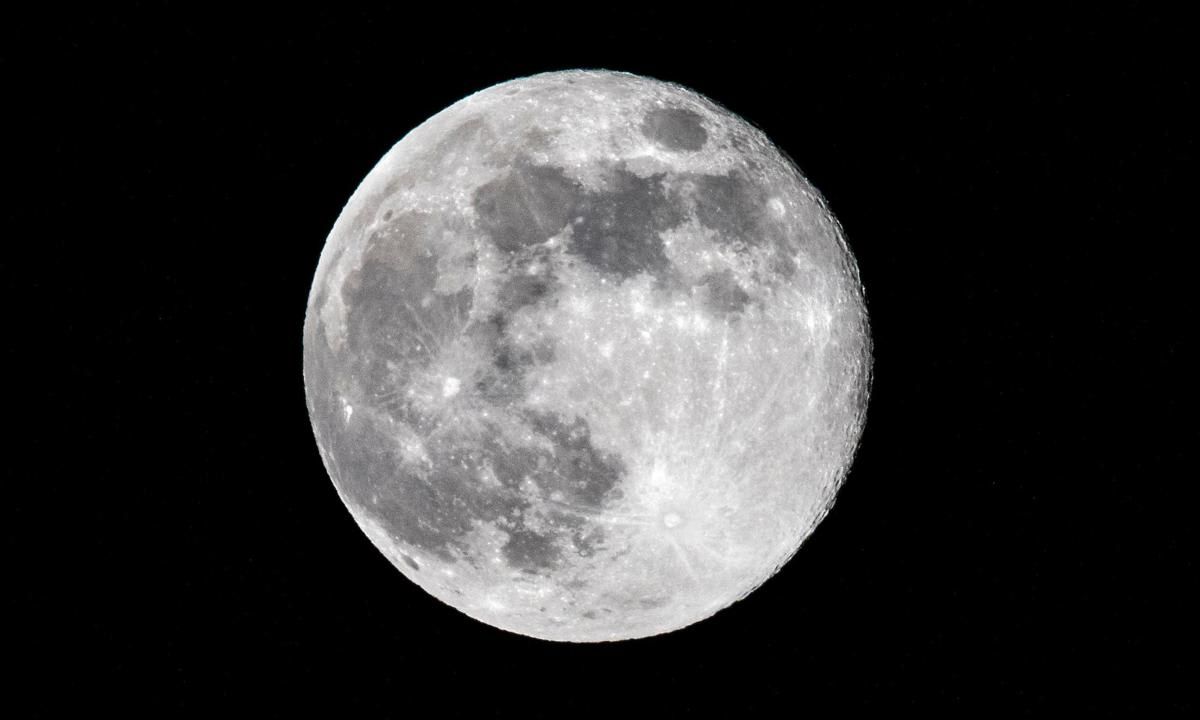2024 is starting strong with a series of astronomical events already taking place during January. This year is set to be incredibly eventful with more than 10 full moons, 4 supermoons, and even some meteor showers.
First meteor shower of 2024:
January 3rd and 4th will be a peak during the annual meteor shower, which started in late December. The event only lasts a few hours every night, with dozens of meteors being visible if the skies are clear, and depending on pollution.
“The Quadrantids, which peak during early-January each year, are considered to be one of the best annual meteor showers,” NASA explained. The best time to observe the shower in North America will be at 4:53 a.m. EST to dawn.
Mercury will be visible before sunrise:
Mid-January will also be an important event in astrology, with Mercury being visible before sunrise on January 12th, when the planet is at the highest point in the sky, reaching the farthest distance from the sun in our morning sky, at 24 degrees from the sun on that day.
Full Wolf Moon:
Prepare for the first full Moon of 2024 on January 25th, with a rise and peak at 12:54 p.m. EST. If you are wondering about the origin of the name, it’s because wolves howled in hunger at the Moon during this time, with Native Americans deciding to give it the nickname at the time.
Other names given to this event include the Center Moon, the Cold Moon, Frost Exploding Moon, Freeze Up Moon, and Severe Moon, marking the middle of the cold season.
,type=downsize)







